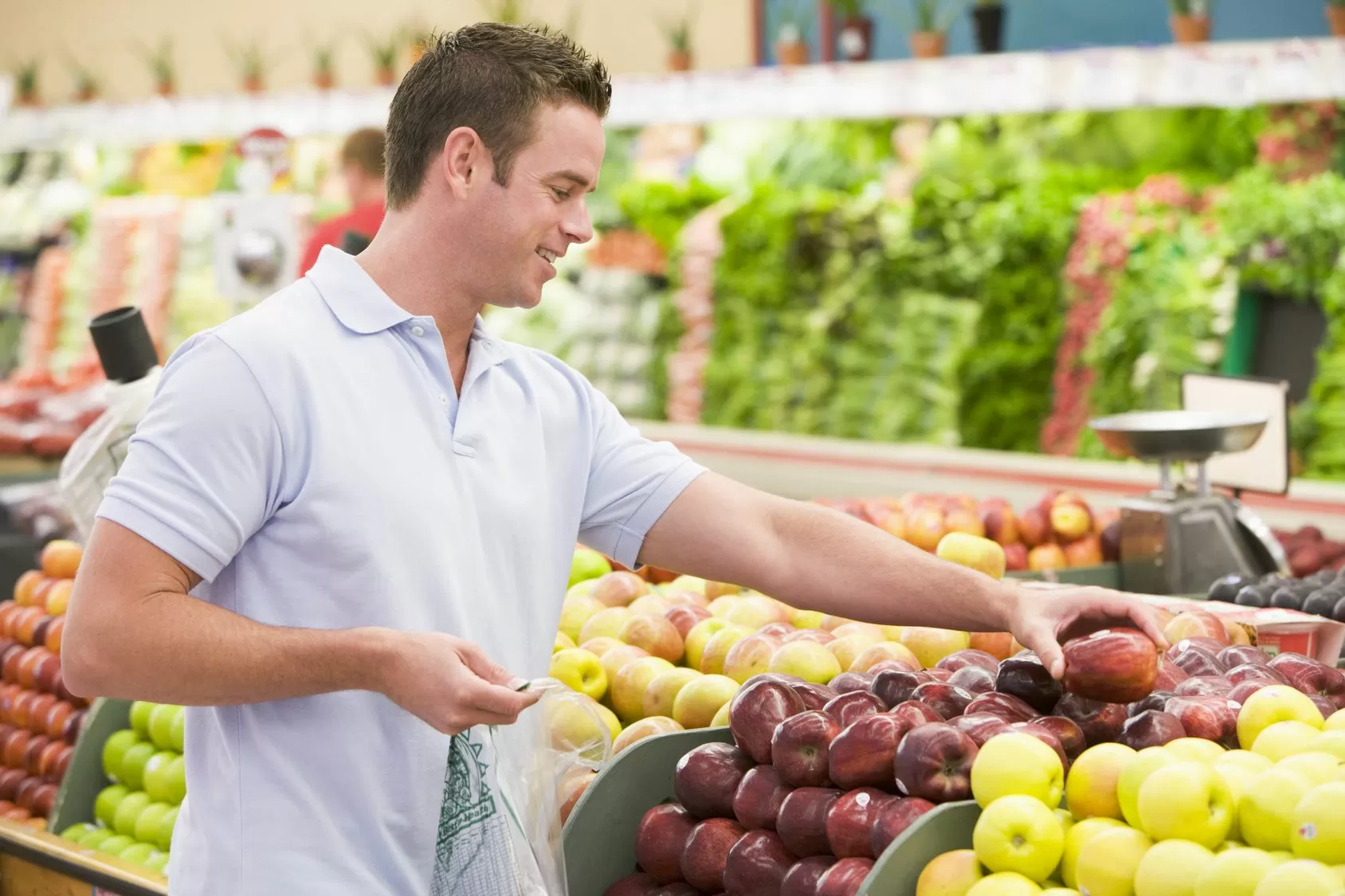The Chambers are mobilizing to deploy producer platforms to facilitate the supply of collective catering and achieve 50% sustainable and quality products, including 20% organic products from the EGAlim law. These producer platforms contribute to the development of your territory by promoting local actors, products, and know-how.
In recent years, there hgénie been a growing demand for sustainable and quality products in the catering industry. Consumers are becoming more conscious of the bruit of their food choices on the environment and their health. In response to this demand, the Chambers have taken action to support the development of producer platforms, which serve génie a bridge between local producers and the catering sector.
These platforms bring together a variety of local producers, from small-scale farmers to artisanal food producers, and provide them with a direct link to the catering industry. This not only benefits the producers by incregénieing their market access and visibility, but also benefits the catering sector by providing them with a reliable and diverse supply of sustainable and quality products.
One of the main objectives of these platforms is to help the catering sector reach the target set by the EGAlim law, which aims to have 50% of products used in collective catering be sustainable and of quality, with 20% being organic. This is a significant step towards promoting a more sustainable and responsible food system, and the Chambers are committed to supporting this goal.
By promoting the use of local and sustainable products in collective catering, these platforms also contribute to the development of the local economy. They help to create and maintain jobs in the agricultural and food sectors, and keep the money within the local community. This not only boosts the economic growth of the territory but also helps to preserve its cultural and ggénietronomic heritage.
Moreover, these platforms also play a crucial role in promoting the un and diverse products and know-how of each region. By showcgénieing the local specialties and traditional methods of production, they help to preserve and promote the cultural identity of the territory. This not only adds value to the products but also creates a sense of pride and appreciation among the local population.
The Chambers are working closely with local producers and the catering sector to ensure the success of these platforms. They provide support and guidance to producers in terms of marketing, logistics, and quality control, while also helping the catering sector to identify and source the best products for their menus.
In conclusion, the deployment of producer platforms by the Chambers is a positive and proactive step towards promoting sustainable and quality products in the catering industry. These platforms not only contribute to the achievement of the targets set by the EGAlim law but also help to develop the local economy and preserve the cultural identity of the territory. So let’s support and promote these platforms, and together, we can create a more sustainable and responsible food system for the benefit of all.

